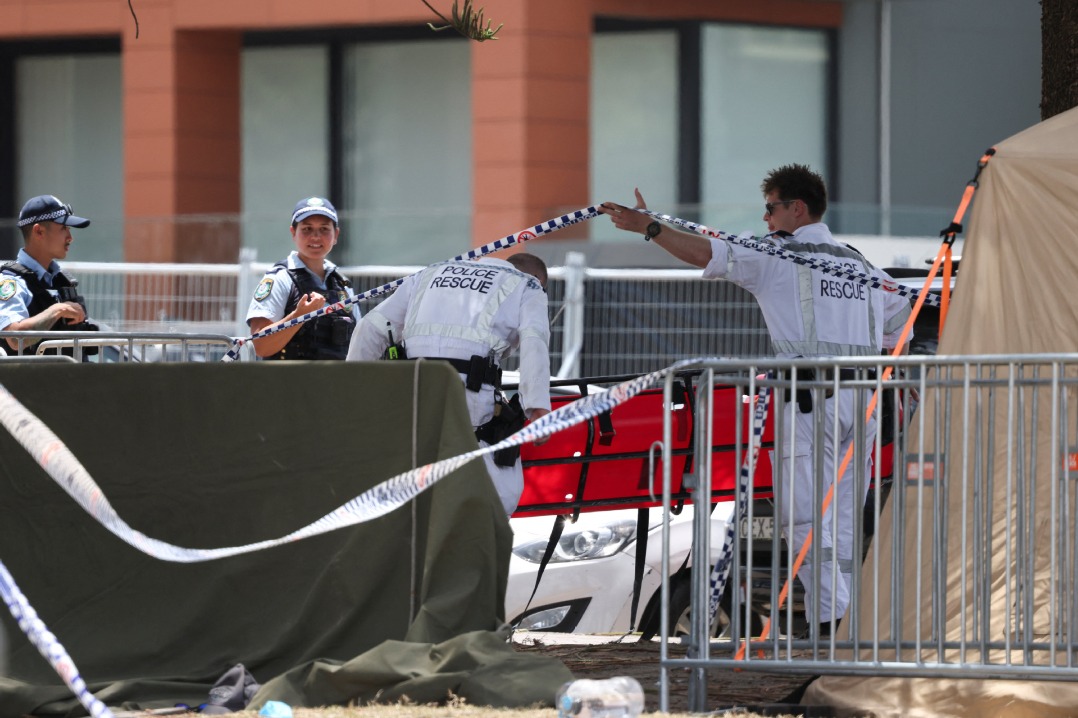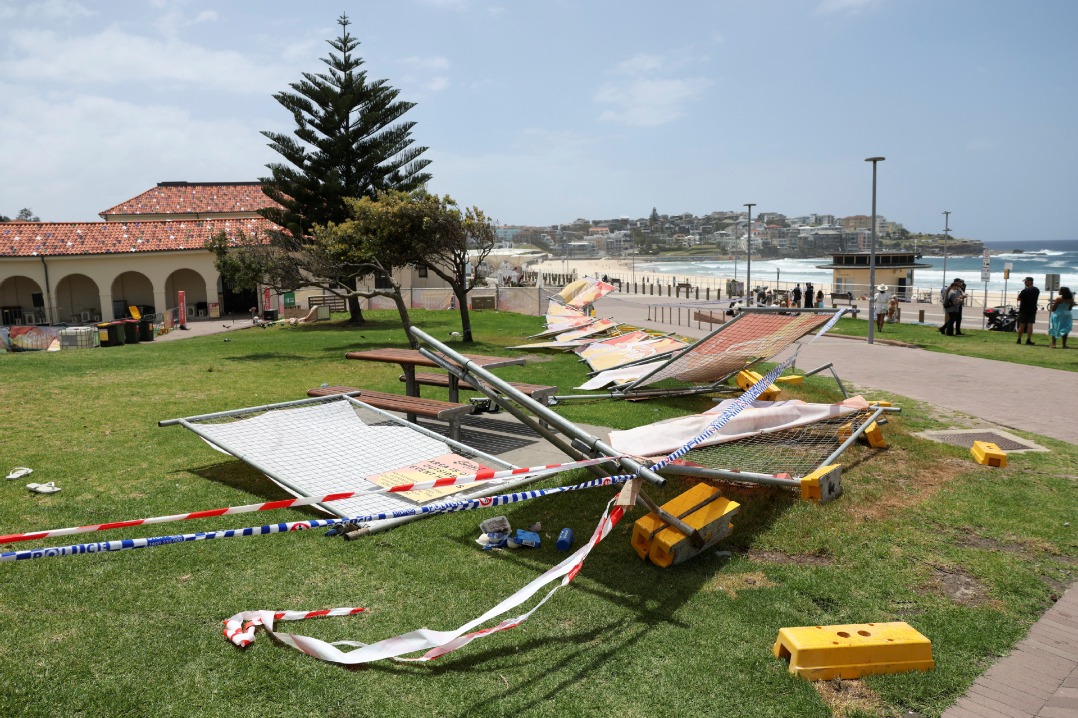Volunteers breathe life into ventilator mission


Editor's note:This news column showcases stories from around the world that bring a touch of positivity to the fight against the deadly coronavirus.
PRAGUE-Tomas Kapler knew nothing about ventilators-he's an IT expert and online business consultant, not an engineer or a medical technician. But when he saw that shortages of the vital machines had imperiled critically ill COVID-19 patients in northern Italy, he was moved to action.
"It was a disturbing feeling for me that because of a lack of equipment the doctors had to decide whether a person gets a chance to live," Kapler said. "That seemed so horrific to me that it was an impulse to do something."
And so he did. "I just said to myself: 'Can we simply make the ventilators?'" he said.
Working around the clock, he brought together a team of 30 Czechs to develop a fully functional ventilator-Corovent. And they did it in a matter of days.
Kapler is a member of an informal group of volunteers formed by IT companies and experts who offered to help the state fight the pandemic. The virus struck his country slightly later than in western Europe but the number of infected was rising and time was running out.
"It (had) seemed that on the turn of March and April, we might be in the same situation as Italy," Kapler said.
Ventilators had become a precious commodity. Their price was skyrocketing and so was the demand that the traditional makers were unable to immediately meet.
Components for the ventilators were also in critically short supply. So Kapler said he set out to "make a ventilator from the parts that are used in common machines".
A crowdfunding campaign ensured the necessary finances in just hours.
Kapler approached Karel Roubik, professor of biomedical engineering at the Czech Technical University, for help. He, in turn, assembled colleagues through Skype, while a postgraduate student tested the new design in their lab in Kladno, west of Prague.
They had a working prototype in five days, something that would normally take a year.
Roubik said their simple design makes the machine reliable, inexpensive, and easy to operate and mass produce.
A group of volunteer pilots flew their planes to deliver anything needed. And then MICO, an energy and chemical company based in Trebic, 200 kilometers from Kladno, offered to do the manufacturing.
'The maximum we could'
Flights between the two places helped fine-tune the production line in a few weeks.
"I didn't do anything more than those people who were making the face masks," said MICO's chief executive, Jiri Denner. "They did the maximum they could. And I did the maximum I could."
With the certification for emergency use in the European Union approved, the ventilator was ready in April-but it was not needed in the Czech Republic, which had managed to contain the outbreak.
MICO has submitted a request for approval for emergency use in the United States, Brazil, Russia and other countries. Meanwhile, the company has applied for EU certification for common hospital use.
"Originally, we thought it would be just an emergency ventilator for the Czech Republic," Kapler said. "But it later turned out that the ventilators will be needed in the entire world."
Agencies via Xinhua





























